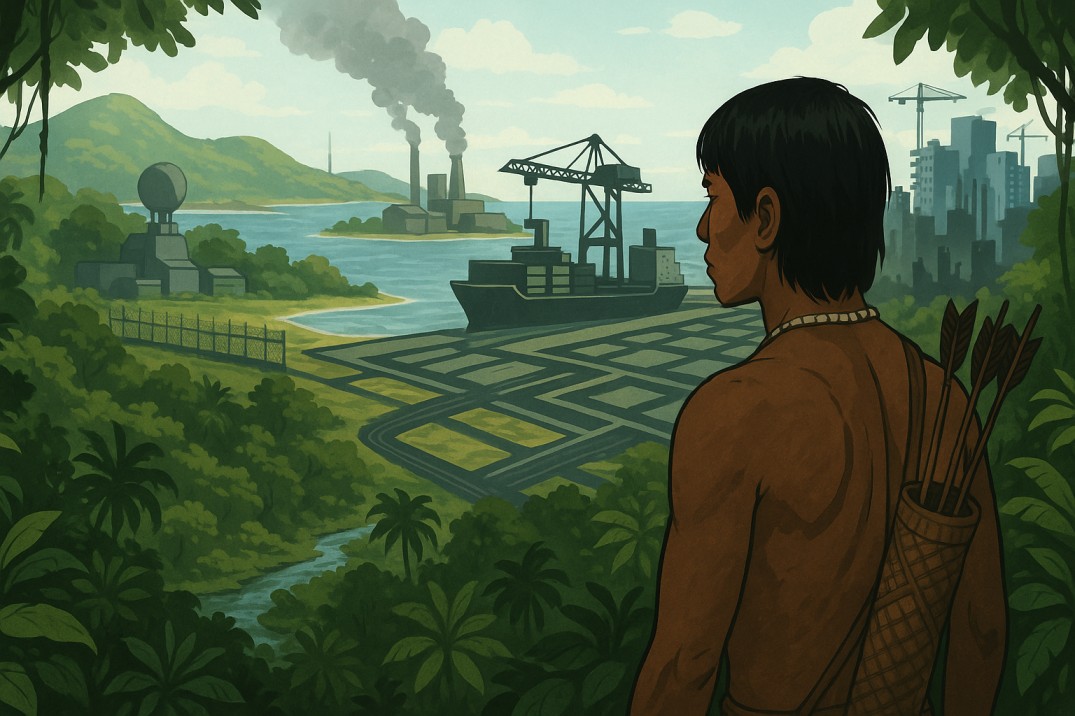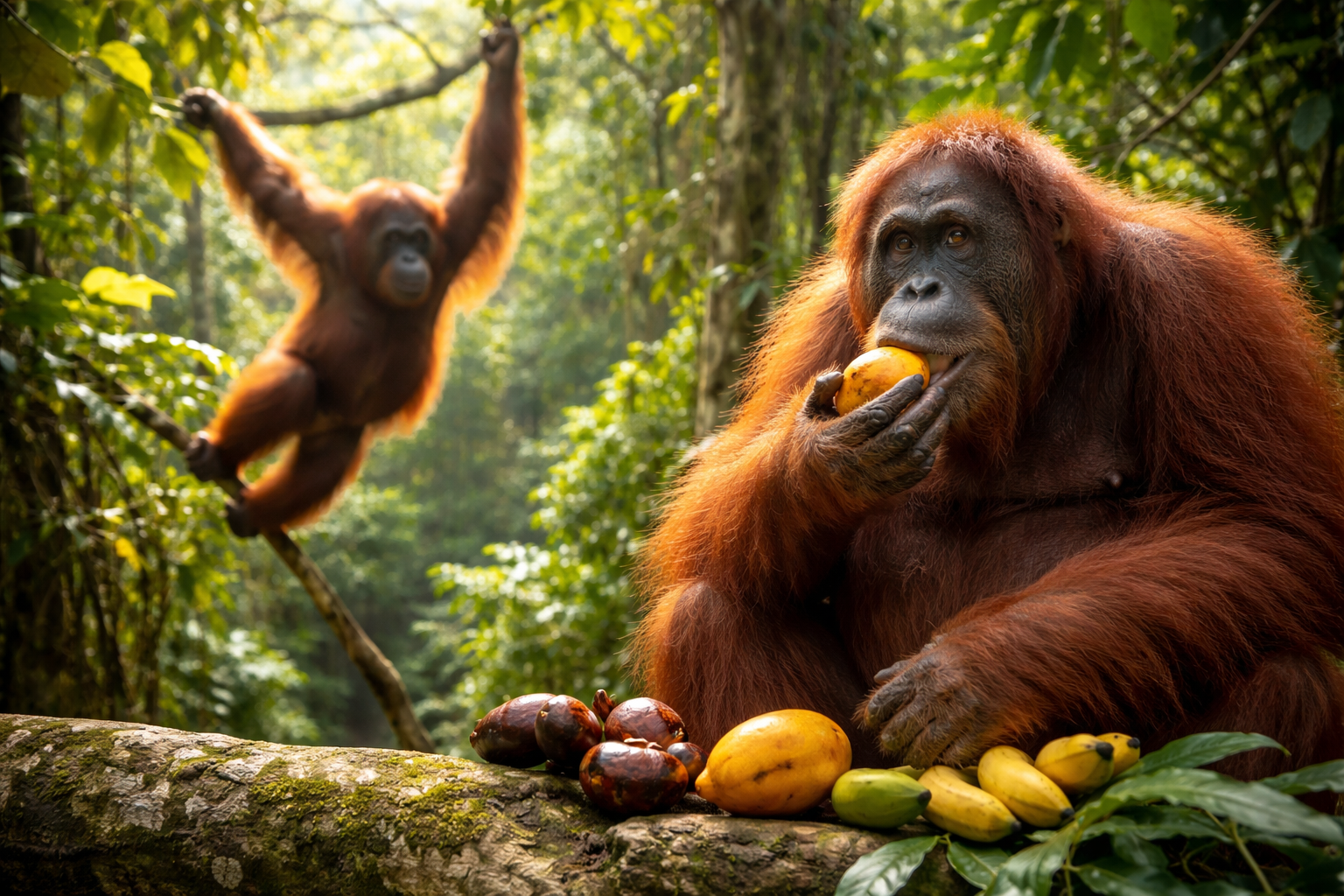Great Nicobar Project to wipe out Shompen
“Crushed: How India Plans to Sacrifice One of the World’s Most Isolated Tribes to Create ‘The New Hong Kong’,” by Survival International, April 2025
Background of the Study
The Great Nicobar Development Project, promoted as India’s ambitious “New Hong Kong project” worth ₹75,000 crore, proposes massive infrastructure expansion on Great Nicobar Island. While the government highlights economic and strategic gains, the report warns of devastating consequences for the Shompen, one of the world’s oldest and most isolated tribes.
Key Findings
🔑 Mega-Development Plan
The project includes construction of a mega port, defence base, power station, and an entire city meant to house around 650,000 residents. In addition, it anticipates attracting nearly one million tourists annually to the small island.
🔑 Threat to Shompen Survival
The uncontacted Shompen people, numbering around 300 individuals, live in the lush rainforests of the island’s interior. The report warns that their survival is impossible if the project proceeds, due to displacement, disease, and ecological destruction.
🔑 Unique Anthropological Context
The Shompen inhabit the same island chain as the Sentinelese, another uncontacted tribe fiercely protected from outside interference. The vulnerability of the Shompen highlights the irreversible cultural and biological loss at stake.
🔑 Human Rights Alarm
Survival International stresses that the project disregards international conventions on Indigenous rights and risks wiping out an entire people in the pursuit of modernization and strategic expansion.
Conclusion
This case forces us to rethink “development” when it comes at the cost of Indigenous survival:
🎯 The Shompen tribe’s extinction risk exemplifies the dangers of unchecked mega-projects in fragile ecosystems.
🎯 The clash between national ambition and tribal rights underscores India’s ethical dilemma in balancing progress with human dignity.
🎯 Alternative, inclusive models of development are urgently needed to protect both biodiversity and Indigenous heritage.
🎯 The report serves as a global warning against sacrificing humanity’s cultural diversity for short-term economic or strategic gains.








